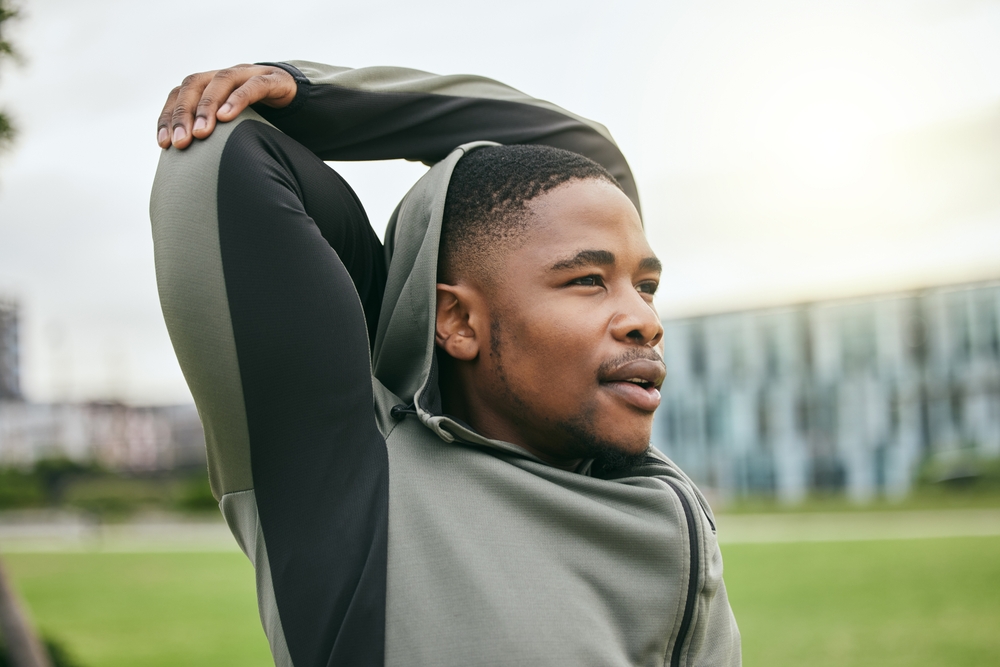
When you think about the key factors that contribute to an athlete's performance, your mind may immediately jump to their physical strength, endurance, or agility. However, vision can play a critical role in their success. Binocular Vision Dysfunction (BVD) is a condition that affects how your eyes work together, and it can have significant implications for athletes.
What is Binocular Vision Dysfunction?
Binocular Vision Dysfunction is a condition where your eyes struggle to align properly. In a healthy visual system, both eyes work together to send a single, cohesive image to your brain. However, with BVD, this coordination is off. Your eyes might send two slightly different images to your brain, leading to symptoms like double vision, dizziness, and headaches.
It's essential to remember that BVD is not a disease, but a functional problem. The issue does not lie in the structure of your eyes, but in their coordination. As such, it's a condition that can affect anyone, including athletes, who rely heavily on their visual system for performance.
What Causes Binocular Vision Dysfunction?
The exact cause of BVD is hard to pinpoint. It's often linked to neurological or developmental issues. It can sometimes be due to physical trauma, such as a concussion or other head injury, which can disrupt the balance and coordination between your eyes.
BVD can also be a result of long-term strain on your visual system, which is a common scenario for athletes. Years of focusing on fast-moving objects, tracking opponents, or simply the repeated impact of certain sports can all contribute to the onset of BVD.
Common Symptoms of Binocular Vision Dysfunction
BVD symptoms can vary in severity and can often go unnoticed until they start affecting daily activities. Common symptoms include headaches, dizziness, difficulty with balance, and reading problems.
In sports, depth perception, hand-eye coordination, and quick reaction times are crucial. If your eyes aren't working together properly because of BVD, these skills can be significantly impaired. You may find it hard to judge distances accurately, react in time to a ball coming your way or experience unsteadiness during gameplay.
How Binocular Vision Dysfunction Affects Athletes
As an athlete, your ability to perform at your best depends heavily on your eyes' ability to work together. Whether you're a soccer player tracking a ball in the air, a gymnast maintaining balance on the beam, or a basketball player aiming for the hoop, your binocular vision is crucial.
BVD can cause a disconnect between what you see and your body's response. This disconnect can result in poor coordination, difficulty tracking moving objects, and even physical symptoms like dizziness and headaches during or after play.
Conclusion
Binocular vision dysfunction can significantly impact an athlete's performance. Regular eye exams, proper rest, and immediate attention to any visual irregularities can go a long way in preserving and enhancing your athletic performance.
For more information on binocular vision dysfunction, contact Ohana Eye Care at our office in Peoria, Arizona. Please call (623) 583-8388 to schedule an appointment today.








